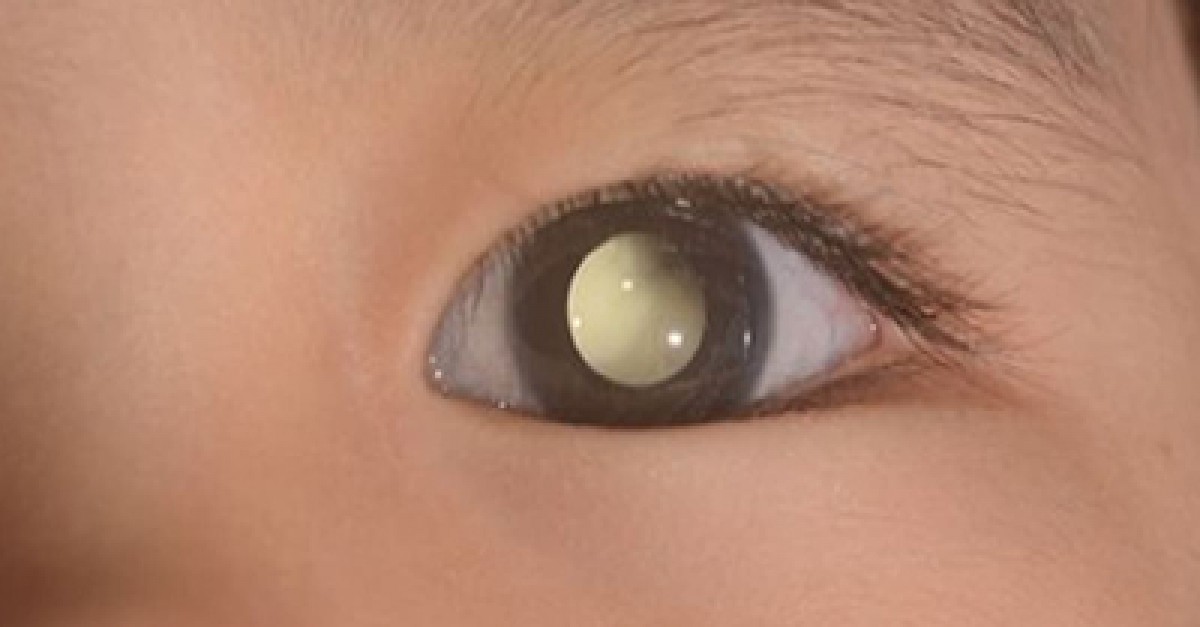In a powerful reminder of the life-saving potential of educator vigilance, a Queensland early childhood teacher recently spotted a subtle anomaly in a child’s eye—leading to the diagnosis of a rare and aggressive cancer, retinoblastoma. Her instinct and attention to detail didn’t just raise a red flag. It saved a life.
The Moment That Changed Everything
Rachel, a parent, dropped off her two-year-old son at daycare like any other day. He was cheerful and playful and showed no signs of illness. But educator Amy noticed something unusual—a faint white glow in his eye, visible only under a specific downlight in the hallway.
“She caught a glimpse of what she described as something funny in his eye... the only time she could see it was under that one downlight,” Rachel told Kidspot.
Amy trusted her gut and showed Rachel, who immediately took a photo and sent it to a GP friend. Within hours, the child was diagnosed with retinoblastoma—a rare retinal tumour that had already caused blindness in one eye.
What Is Retinoblastoma?
Retinoblastoma is a rare cancer that typically affects children under five. It’s often detected accidentally through flash photography, when one eye reflects white instead of red. But in this case, the family had never used flash—meaning the usual telltale sign was missed.
Common symptoms include:
- A white glow in the pupil (especially in photos or bright light)
- Persistent redness or swelling
- Cloudiness in the iris or pupil
- One eye appearing larger than the other
- Eyes pointing in different directions
Despite passing all routine health checks, the tumour had been growing undetected. It had taken over more than 50% of the eye, and the child’s brain had already adapted to monocular vision.
The Power of Educator Observation
Amy’s ability to notice a fleeting visual cue—visible only under one light source—demonstrates the critical role educators play in safeguarding children’s health. Her persistence in trying to replicate the observation throughout the day, and her decision to raise it with the parent, led to urgent medical intervention.
Rachel reflected: “I told her, ‘As a parent, you have literally saved my son’s life. I feel forever indebted to you.’”
Recovery and Resilience
Just weeks after surgery, the toddler is back at daycare—happy, playful, and adapting beautifully. He’s awaiting a prosthetic eye and, thanks to early detection, won’t require chemotherapy.
“He hasn’t missed a beat,” Rachel said. “He’s telling me… yesterday… that his eye is working again because it’s blinking.”
Reference:
A Daycare Educator Spotted Cancer In My Son’s Eye. It Could Have Killed Him.







 February is a month filled with celebrations of culture, kindness, science, and community. From global awareness days to fun food festivals, this calendar highlights opportunities
February is a month filled with celebrations of culture, kindness, science, and community. From global awareness days to fun food festivals, this calendar highlights opportunities